Experiencing random bloating and stomach pains, despite eating clean and healthy? Poor food combinations may be the culprit of your discomfort. You may be eating plenty of fruits and vegetables, but if they are paired incorrectly, your gut can still suffer. Here are Spoon‘s top tips to get your gut into tip-top shape.
1. Eat fruits on an empty stomach
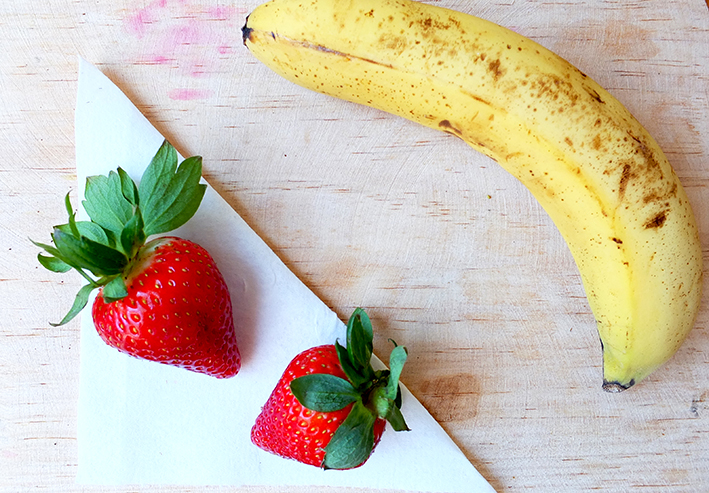
Photo by Michelle Hodgson
What about the whole fruit-with-breakfast idea? Or having fruit for dessert? Sadly, it’s not true: fruit is supposed to be eaten on an empty stomach and allowed to digest for at least an hour before eating anything else. If combined with other foods in the stomach, fruit can rot and ferment, leaving you with a bloated belly and cramps. Fruits can be paired with each other though, so having an açai bowl with blueberries and bananas is a-okay—if eaten on an empty stomach, of course.
2. Don’t pair protein with starches
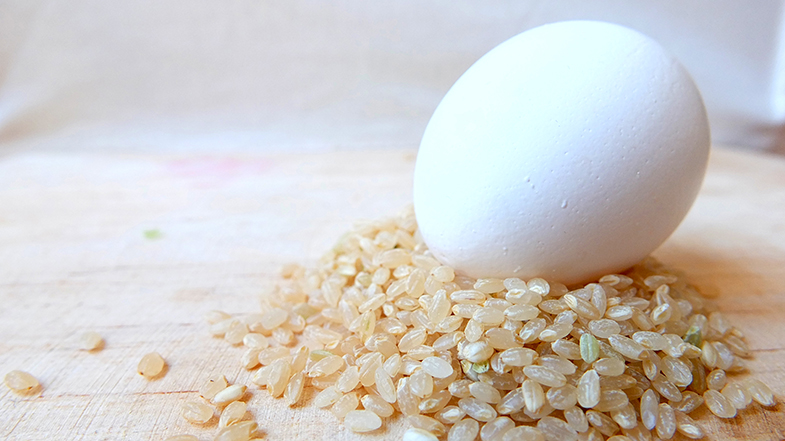
Photo by Michelle Hodgson
Hold on. Are you telling me that turkey with mashed potatoes is a no-go? Unfortunately, yes, we are. Proteins need an acidic environment to be broken down while starches need an alkaline, or basic, one. Pairing these two together will cause the stomach to go into overdrive – your stomach will try to break down two foods with very different digestive requirements, leaving you bloated, tired and gassy. For a healthier meal and happier gut, eat proteins with vegetables like this vegetable tofu stir-fry.
3. Keep fats and proteins separate
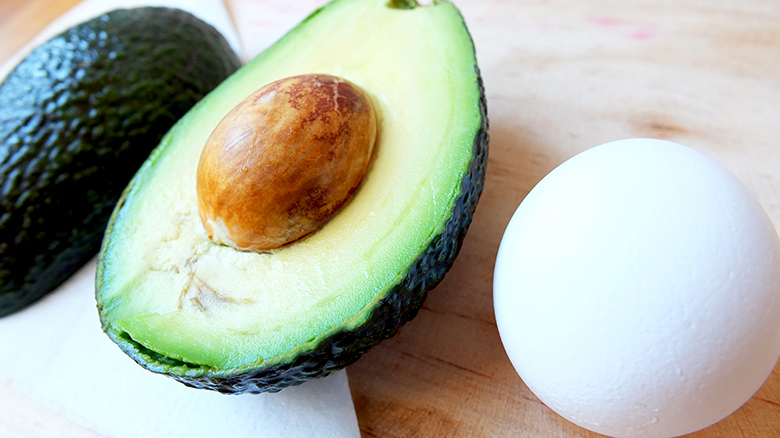
Photo by Michelle Hodgson
Raw fats, like olive and coconut oil or even avocado, can inhibit the digestion of protein. This is because fats make the gut environment basic, preventing the full break down of proteins that occurs in an acidic stomach. So next time you eat, make sure to avoid foods pairings like pesto (AKA olive oil with pine nuts), avocado with meat and an oil-based dressing on a salad.
4. Vegetables can go with anything
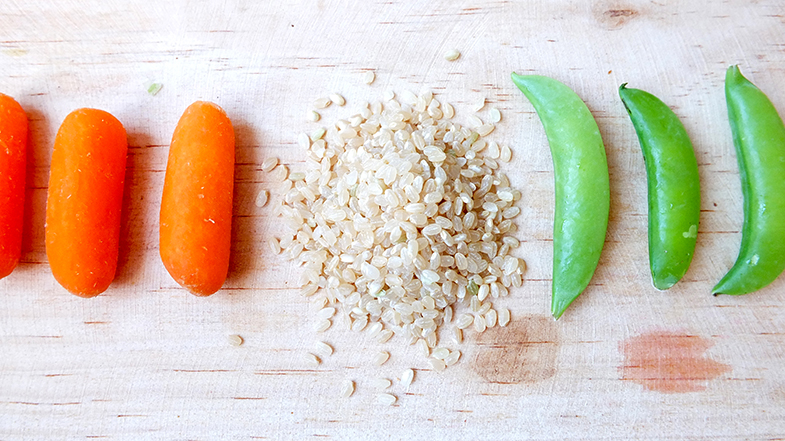
Photo by Michelle Hodgson
Because non-starchy vegetables can be digested in both acidic and alkaline environments, they can be paired with almost anything. Even fruits, to some extent. So, feel free to eat your veggies with grains, protein and starches! This is yet another reason why vegetables should be a staple of every meal.
5. How long does everything take to digest?
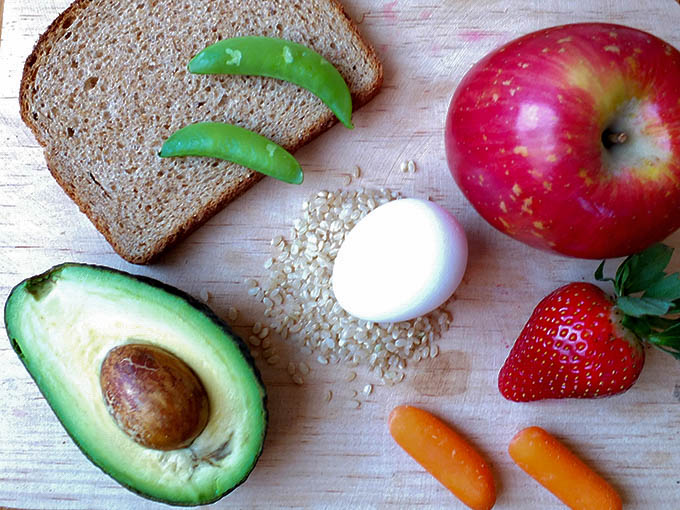
Photo by Michelle Hodgson
When planning out meals, it’s useful to keep in mind how long it takes to digest various foods. For reference, fruits digest the fastest, then greens, non-starchy vegetables, starches and lastly proteins. As a rule, fruits take at least an hour to digest, grain-based meals take three hours and proteins take four hours. For optimal gut health, wait until the food has been fully digested before eating again. We know—it’s hard to resist a jar of cookies sitting on the table. But trust Spoon, and your gut will thank you for giving it a break.


